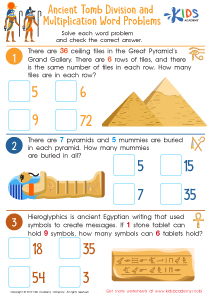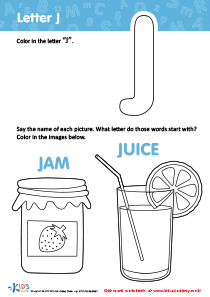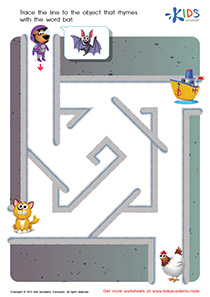Normal Plants Quizzes for Ages 6-7
3 results
3 filtered results
Clear all filters3 filtered results
-
From - To
Discover the Green World: Normal Plants for Ages 6-7
Dive into the fascinating realm of botany with our interactive assessment quizzes tailored specifically for children aged 6-7. "Normal Plants for Ages 6-7" is a captivating journey designed to spark curiosity and enhance understanding of the plant kingdom. Through a series of engaging quizzes, young learners will explore various plant types, their life cycles, and the vital role they play in our ecosystem. Each quiz not only tests their knowledge but also provides immediate feedback to reinforce learning. Encourage your child's green thumb and scientific inquiry with this wonderful exploration into the world of plants.
In the formative years of education, ages 6-7 stand out as a crucial period where the seeds of curiosity and learning are sown. During these years, children are naturally inquisitive, eager to explore the world around them. Recognizing this, our Normal interactive quizzes on Plants have been meticulously designed to harness this curiosity, turning it into a powerful engine for learning and discovery. These quizzes stand as an innovative bridge between young minds and the fascinating world of botany, tailored specifically for children in the age group of 6-7.
Understanding the unique learning needs and attention spans of children in this age bracket, our Normal Plants for Ages 6-7 interactive quizzes are crafted to be both engaging and educational. These quizzes are not just tools for assessment but are interactive journeys that introduce children to the vibrant world of plants in a manner that is both fun and informative. They cover a wide range of topics, from the basic parts of plants to the essential roles that plants play in our environment and our lives.
The quizzes are structured to be intuitive, allowing children to navigate through questions at their own pace, fostering a learning environment that is both stress-free and encouraging. Through instant feedback on their answers, children are able to learn from their mistakes, reinforcing their understanding of the subject matter. This immediate feedback is crucial for young learners, as it helps build their confidence and keeps their interest alive, making learning a continuous, engaging process.
Moreover, our Normal Plants for Ages 6-7 interactive quizzes incorporate a variety of multimedia elements, including captivating images, animations, and sometimes even short, informative videos. These elements are specifically included to cater to the diverse learning styles among children, ensuring that whether a child is a visual, auditory, or kinesthetic learner, they find the quizzes both accessible and engaging. This multimodal approach not only aids in the retention of information but also makes the learning process more inclusive and effective.
Another remarkable aspect of these quizzes is their adaptability. Recognizing that each child is unique, the quizzes are designed to adjust in difficulty based on the learner’s responses, ensuring that they remain challenging yet achievable. This adaptive learning approach ensures that every child feels both supported and stimulated, promoting a positive attitude towards learning and exploration.
Furthermore, these quizzes serve as a valuable tool for parents and educators, providing insights into a child's understanding of the subject matter. Through detailed reports and analytics, adults can identify areas where a child may need further support or encouragement, allowing for a more tailored educational approach.
In conclusion, our Normal interactive quizzes on Plants for Ages 6-7 represent more than just an educational resource; they are a doorway to curiosity, a path to understanding the natural world, and a building block for lifelong learning. By engaging with these quizzes, children are not only learning about plants but are also developing critical thinking skills, enhancing their observational abilities, and fostering a deep-seated appreciation for the environment. In this way, these quizzes are not just shaping better students but are also nurturing more informed, attentive, and responsible future citizens.











